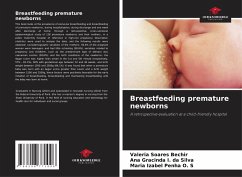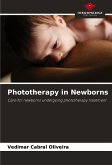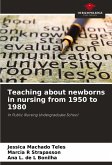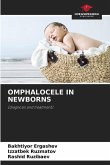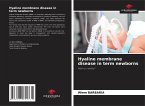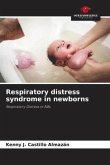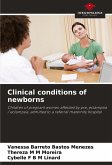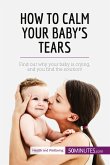This book looks at the prevalence of exclusive breastfeeding and breastfeeding of premature newborns, during hospitalization, during discharge and one week after discharge at home, through a retrospective, cross-sectional epidemiological study of 128 premature newborns and their mothers, in a public maternity hospital of reference in high-risk pregnancy. Descriptive statistics were used to analyze the data, and the following results were obtained: sociodemographic variables of the mothers: 56.4% of the pregnant women were teenagers and had little schooling (58.6%); variables related to pregnancy and childbirth, such as the predominant type of delivery was caesarean section (58.6%); and the birth conditions of the newborns: the Apgar score was higher than seven in the 1st and 5th minute (respectively, 57% - 82.1%), 90% with gestational age between 32 and 36 weeks, and birth weight between 1500 and 2500g (64.1%). It was found that when a premature baby was born with an Apgar score greater than seven and a birth weight between 1500 and 2500g, these factors were positively favorable for the early initiation of breastfeeding, breastfeeding and maintaining breastfeeding until the baby was born at home.
Bitte wählen Sie Ihr Anliegen aus.
Rechnungen
Retourenschein anfordern
Bestellstatus
Storno

